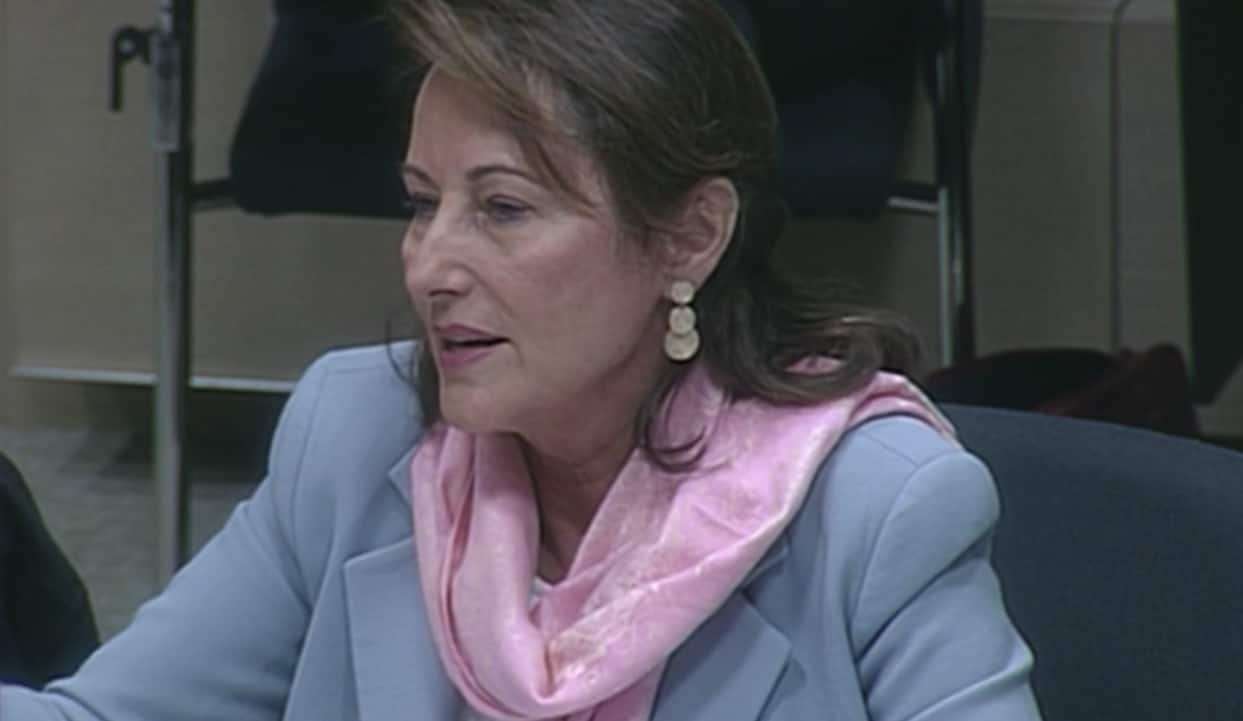Environment ministers from the UK, Germany, and Luxembourg have called on the European Commission to increase Europe’s 2030 climate target to match commitments agreed under the Paris deal in December.
Ministers from 10 different countries criticised the Commission’s failure to seek a stronger target in light of the new climate deal during a meeting in Brussels on 4 March to discuss the EU’s next steps after the COP21 climate summit.
Austria, Belgium, Portugal, France, Sweden, Greece, and Denmark have all joined in supporting a more ambitious EU climate target.
“The current level of commitments under the Paris deal is not enough to meet the global goal of well below 2°C,” said the UK’s Lord Nick Bourne, parliamentary under-secretary for the Department of Energy and Climate Change.
“The EU must therefore continue its climate leadership role and maintain the momentum that we created in Paris,” Bourne told the Commission.
João Pedro Matos Fernandes, the Portuguese minister, said: “We cannot encourage others to play an ambitious role if we do not do it ourselves.”
Climate Assessment
The call for a more ambitious target by environment ministers comes after the Commission released its assessment of the implications of the Paris climate deal last Wednesday.
In Paris, the EU joined more than 70 other countries to form the ‘high ambition coalition’ which pushed for a stronger goal of limiting warming to “well below” 2°C, with the aim of limiting average global temperature increase to just 1.5°C.
However, in its assessment published last week the Commission concluded that its current targets are adequate and that a review of its 2030 carbon target is not needed to meet medium-term goals.
Currently, the EU’s target is to cut carbon emissions by “at least” 40 percent by 2030 compared to 1990 levels. This is based on a 2°C warming scenario.
The Commission has also postponed any discussion to set new post-2030 targets until 2023.
“We regret that the Commission’s Communication is weak on the target of cutting at least 40 percent of emissions by 2030,” said Jochen Flasbarth, the German minister, noting that references to “at least” had disappeared in the Commission’s assessment and describing it as “very weak” on that point.
This was echoed by Austria’s environment minister Andra Rupprechter who said “we would have expected more in a way of ambition.”
Don’t Waste Time
Ségolène Royal, French environment minister and chair of COP 21, stressed the importance of quickly ratifying the Agreement after the signing ceremony in New York on 22 April.
Royal (pictured) later tweeted that “we should not limit our ambition to the goal of 2°C but to 1.5°C.”
And Luxemburg’s environment minister Carole Dieschbourg, who was one of Europe’s lead negotiators in Paris, called for the 2030 framework to be updated as soon as possible.
“We mustn’t waste time,” she said. “We might find that our credibility is undermined if we don’t do this.”
Calls for the EU to update its long-term strategy by 2018 and deliver a vision post-2030 were also made by ministers from Belgium and Finland.
But not everyone was in favour of stepping up efforts to tackle climate change.
Ministers from the Czech Republic, Lithuania, Italy, Hungary, and Latvia said there was no need to increase the EU’s 2030 targets.
Commenting later on the meeting, German’ys Flasbarth said: “The EU always said it would increase climate ambition if COP21 was a success. Paris was a success, so now keep the promise.”
Subscribe to our newsletter
Stay up to date with DeSmog news and alerts







